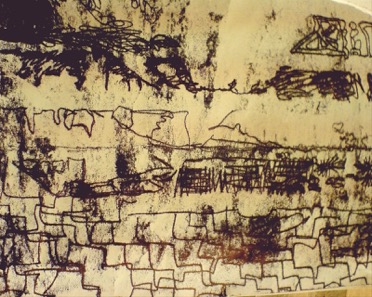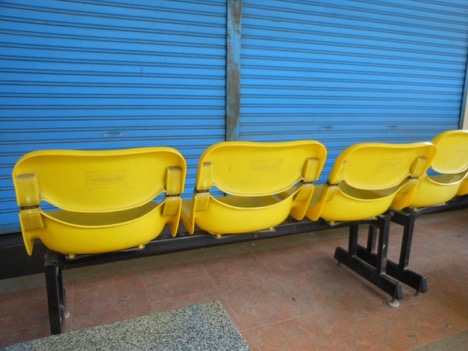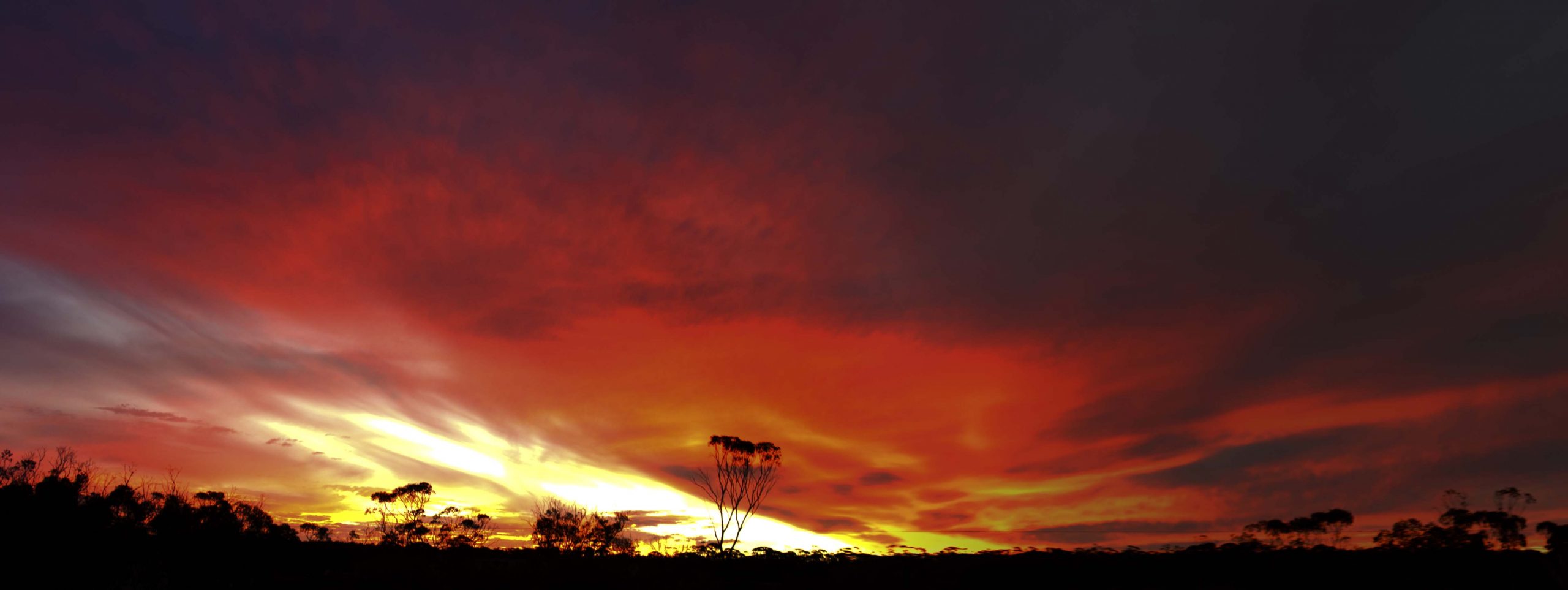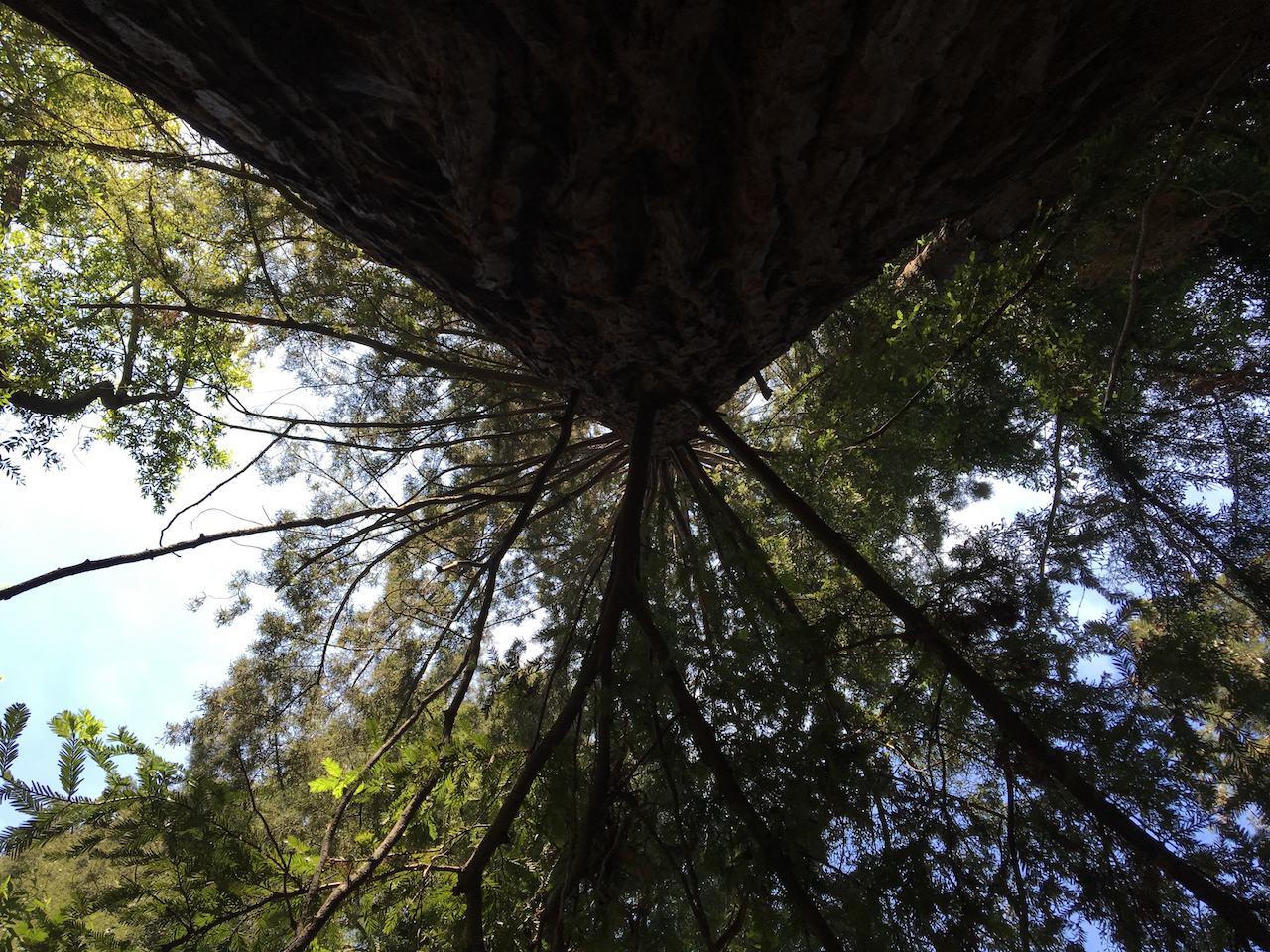Caravan to Yale – A Tjindarella Story
by Natalie Harkin I am above the clouds, floating on my contemplations and looking for patterns and remnant bush in cleared and carved-up landscapes. I’ve just parted ways with my friend and fellow poet at the Adelaide airport – she to Sydney and me to Canberra, each for work. We talked briefly about this blog, as I’ve been thinking a lot about the way her work has been represented in the mainstream media when news of her literary Prize went viral. The March 2017 announcement for the Windham-Campbell Prize, administered by Yale University in the US, was truly sensational. It…





